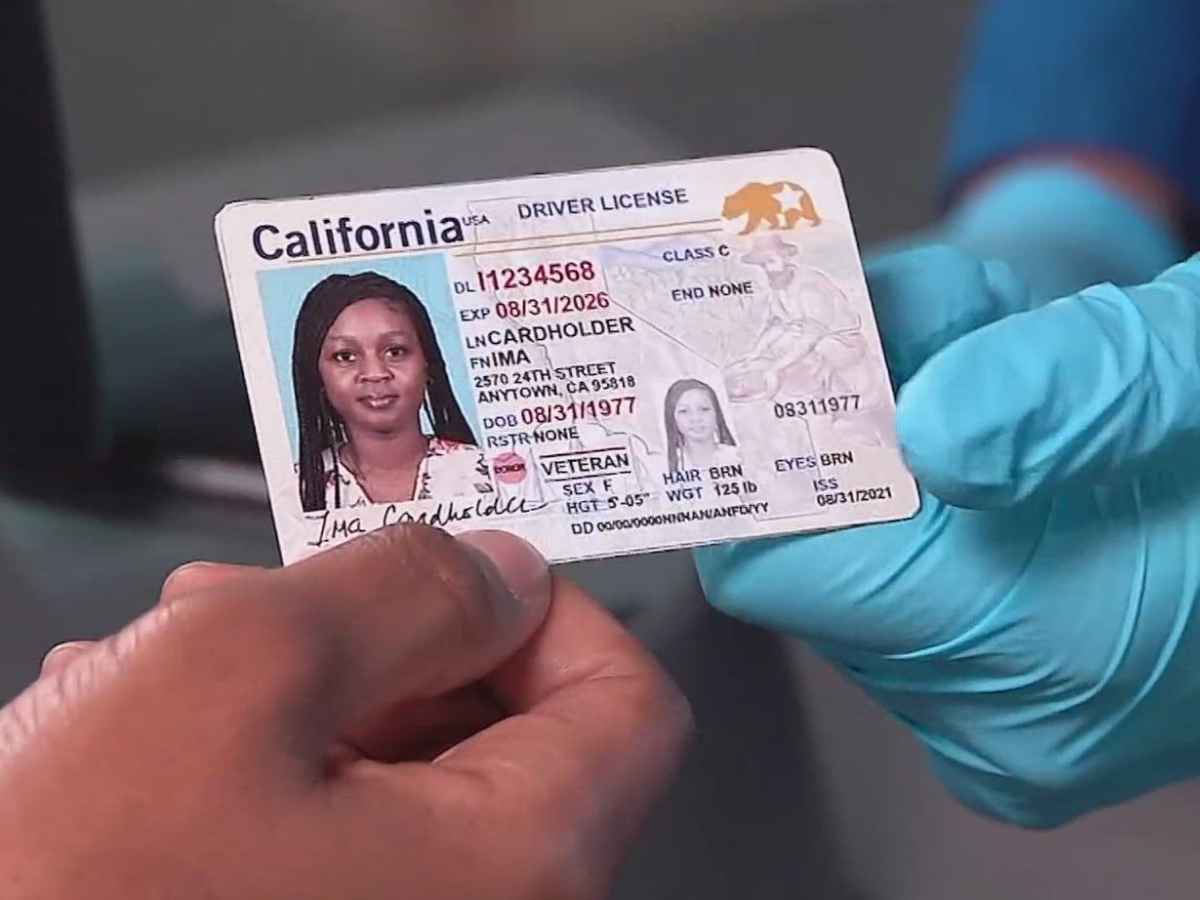New law SB 1100 protects immigrant and vulnerable workers from unnecessary license demands during hiring
California has just taken a bold step in protecting access to employment. As of 2024, employers in the state are no longer allowed to ask job applicants for a driver’s license—unless driving is a required part of the job. The new rule, part of Senate Bill 1100, signed by Governor Gavin Newsom, is designed to eliminate a common but often unnecessary barrier to work, especially for immigrants and people with limited access to licenses.
A new rule to reduce hidden discrimination
The legislation is clear: unless the job duties include operating a vehicle, employers must not request or use information about a person’s driver’s license. That means many jobs in warehouses, cleaning services, offices, restaurants, and retail can no longer require this document. The goal is to make sure the lack of a license doesn’t act as a filter against otherwise qualified candidates.
This change directly benefits workers who have long faced bureaucratic or legal obstacles to getting a license. That includes undocumented immigrants who are legally permitted to work but can’t get a regular license, people with suspended licenses due to unpaid fines, and even those who simply don’t drive.
Who wins under SB 1100?
The list is longer than it may seem:
- Undocumented workers with legal work permits but no access to standard licenses.
- Low-income individuals with fines or debts that have suspended their licenses.
- Professionals who rely on public transportation and don’t need to drive.
- Employers who value broader access to talent without artificial filters.
It’s a step toward a more inclusive hiring process, one that evaluates candidates based on what the job actually requires, not what traditional paperwork they happen to carry.
What if driving is part of the job?
In that case, nothing changes. If driving is a central duty—such as for truck drivers, delivery staff, technicians, or roles that involve using a company vehicle—employers can and should continue to require a valid license. The law specifically allows exceptions when driving is essential to the position.
Enforcement and penalties
If an employer asks for a license without a valid reason, it could be classified as a discriminatory act under California employment law. Applicants and employees who believe they’ve been treated unfairly can file a complaint with the California Civil Rights Department (CRD). The law also includes protections against retaliation for reporting these violations.
And for those who still need a license…
Getting a California driver’s license remains possible for most residents, including those without legal status, through the AB 60 license program. This special license allows undocumented individuals to drive legally within the state.
Applicants must be at least 16, submit proof of identity, and pass written, vision, and driving tests at one of the DMV offices across the state.
Main DMV locations in California:
- Los Angeles: 3615 S. Hope Street
- San Francisco: 1377 Fell Street
- San Diego: 3960 Normal Street
- Sacramento: 4700 Broadway
- Fresno: 655 W Olive Avenue
With SB 1100, California signals a deeper commitment to fair hiring practices. The absence of a driver’s license should no longer stand in the way of a job—unless that job actually involves driving.

